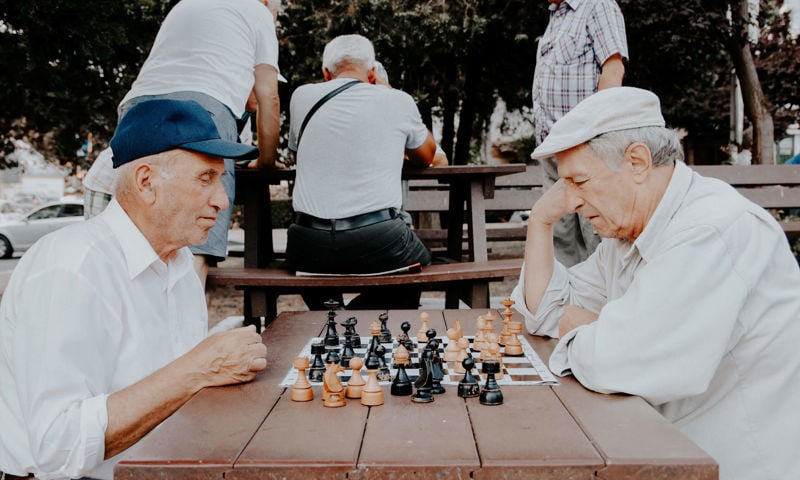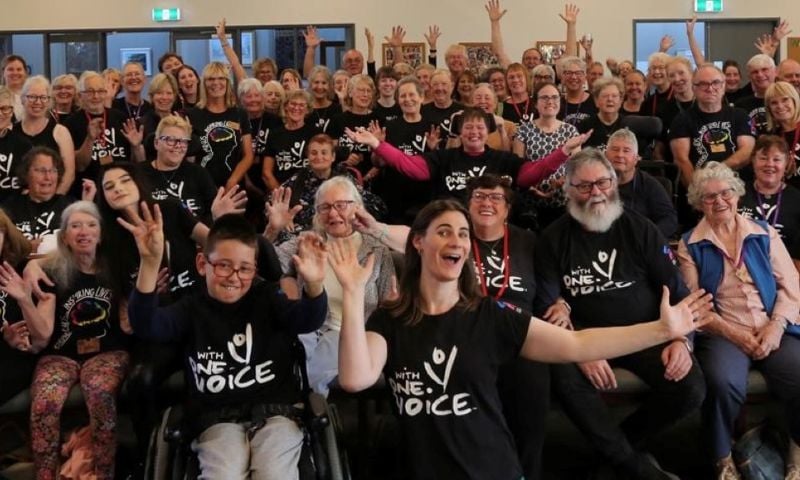When The Beatles’ John Lennon and Paul McCartney penned the lyrics to ‘Eleanor Rigby’ in 1966 little did they realise their song about lonely people would one day be a reflection of a health issue to raise concern – loneliness.
Loneliness has become a worldwide health problem, and here in Australia, an estimated one in four Australian adults consider themselves lonely, with about 50% of us feeling lonely at least one day a week. Let's explore more about this growing issue and look at some ways to tackle it.
What is loneliness?
VicHealth defines loneliness as ‘a mismatch between the amount of personal contact a person wants and the amount they have’. It’s about not being connected in a meaningful or reciprocal way to your community, friends, neighbours or colleagues. A lack of meaningful and reciprocal connection is why people can describe feeling lonely despite being around lots of people.
Loneliness is related to the quality, not the quantity of relationships. As an example today we are more ‘connected’ to thousands of other people through social media, however loneliness still flourishes, particularly when we start comparing ourselves to others’ onscreen personas. However, it’s not all bad. When combined with face to face interaction, social media can be a useful tool to initiate and maintain relationships.
How does it affect health?
People who describe themselves as lonely are more likely to have poorer physical and mental health. Research has also shown loneliness can lead to increased risk of obesity, heart attack and stroke. With estimates that loneliness can increase our likelihood of earlier death by 26%, you can see the importance of addressing loneliness as an important health issue.
Loneliness can be a short or long-term state and it can affect anyone at any age. The three key groups in which loneliness is more common are 15 – 25 year olds, older adults and men.
What can I do about it?
The good news is that research has shown people can recover from loneliness and even prevent it from occurring in the first place. It’s not just about surrounding yourself with more people – we need a meaningful connection. Here are some ideas to put into practice for yourself.
Make contact
Whilst it may be an effort to do this when you are feeling low and want to be on your own, seeking out others is a positive step. Contact friends you haven’t spoken to in a while, chat to a neighbour, call a family member regularly or even chat sincerely to the cashier at the supermarket. Chances are, they’ll probably appreciate your efforts too.
Connect with your community
Finding a local group with a shared interest can help with increasing social connection with like-minded people. Take a class, join a free library talk, become a member of a local service group, join a walking group or even attend a regular seminar.
Volunteer
Make a connection with a sense of purpose. Share your skills, talents or even just your time. Check your local newspaper, council web page or try Volunteering Australia.
Virtual connection
There are many online groups and sites that allow you to connect with others in your geographical area, on a topic of interest or to get support. MeetUp allows you to start or join a group of like-minded people with topics ranging from fitness to photography. For the 15-25 age group, Beyond Blue and Reach Out are excellent websites that provide support from others experiencing similar issues. Facebook’s Explore and Discover Groups section allows you to browse by a topic of interest and connect with others around the world. Remember to combine your online relationships with face to face interactions for balance.
Know your neighbours
A global study led by an Australian loneliness expert has found that knowing just six of your neighbours reduces the likelihood of feeling lonely and is linked to lowering depression, social anxiety, and financial concerns related to COVID-19. The research found that performing small acts of kindness for neighbours reduces the likelihood of feeling lonely and socially isolated.
For more information
If this article has helped you to reflect on your own need to increase social connection, and you feel it might be a struggle to get started, the best place to seek advice is your GP. Alternatively you could make contact with a trusted organisation like Beyond Blue, who have staff available 24 hours a day to talk it through. Other support is also available:
- Lifeline Australia for crisis support
- Learn how to have the mental health conversation
- For support finding your way through the health system in relation to mental health, the GMHBA Health Navigation line can provide members with guidance, referrals and location-based information
So while loneliness is a growing concern for our community, there are many actions you can take to prevent it setting in, recover from it or help someone experiencing it.



